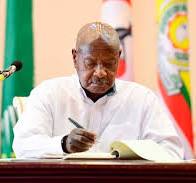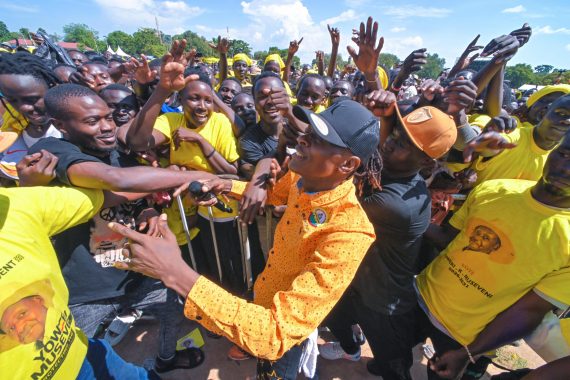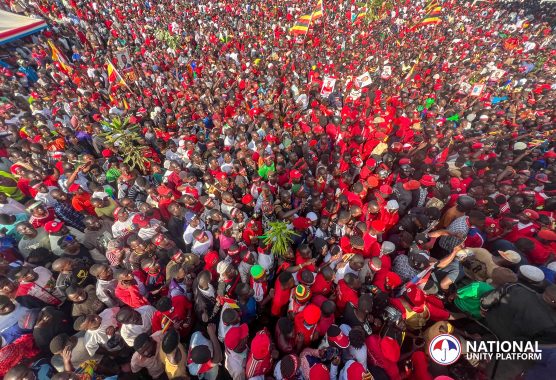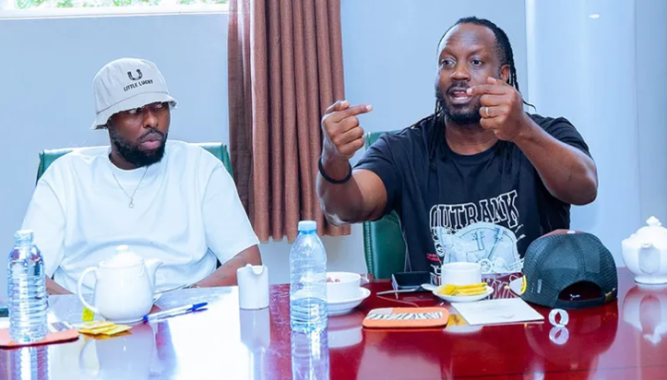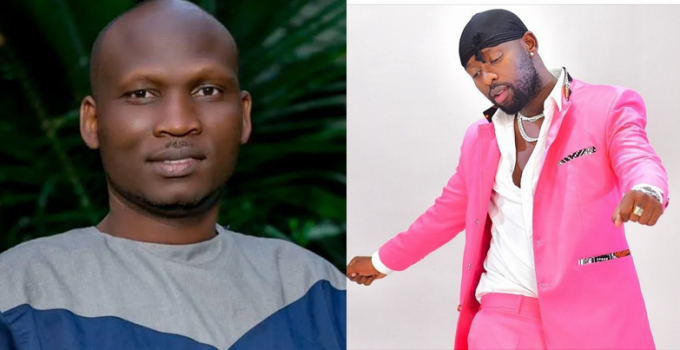President Yoweri Kaguta Museveni has officially signed the Uganda Peoples’ Defence Forces (Amendment) Act, 2025 into law, marking a shift in the structure of military justice while extending the scope of military law to cover civilians under exceptional circumstances.
The law introduces a broad range of reforms, but one of the most keen provisions is the expanded jurisdiction of the military courts to try civilians in specific situations.
According to the new Section 117A, civilians can now be subjected to military law if they accompany Defence Forces in active service, are found unlawfully possessing military equipment or classified stores, aid or abet service members in serious crimes like murder, treason, or aggravated robbery, or wear military uniforms without authority. The law also applies to civilians employed by the military, including contractors and dependents accompanying troops abroad.
Civilians subjected to military trials will be treated as if they hold the rank of private in the UPDF unless they possess a special certificate from a commanding officer granting them officer status. This classification affects how they are prosecuted, sentenced, and represented during trials.
Critically, the law states that even after a civilian leaves the situation that placed them under military law (such as a mission or job), they can still be prosecuted in military courts for offences committed during that time.
The law also makes it clear that civilians found guilty by courts martial have the same rights to appeal as soldiers. A decision from a Unit Court Martial can be appealed to the General Court Martial, and finally to the Court of Appeal, which is now designated as the final court for military-related appeals.
Legal experts and civil society groups have already raised concerns, pointing out the potential conflict with constitutional guarantees for civilian trials in civilian courts. Critics argue that trying civilians in military courts could infringe on rights to a fair trial and judicial independence.
The new law also introduces a complete restructuring of the UPDF’s court martial system. Each military unit will now have its own Unit Court Martial composed of three members, including a chairperson with legal qualifications, a political commissar or junior officer, and either a senior non-commissioned officer or a private.
The UPDF Act now formalizes a three-tier military court structure, with clear jurisdictional boundaries, procedural guidelines, and rules of composition.
The Unit Court Martial handles minor offences where the maximum sentence is five years or less. Each UPDF unit shall have its own Unit Court Martial, composed of three members drawn from within the unit.
These include a Chairperson, with a minimum rank of Captain, who must possess a Bachelor of Laws and a Postgraduate Diploma in Legal Practice, and two other members selected from among the unit’s administrative officer, political commissar, Regimental or Company Sergeant Major, one junior officer, or one private.
The panel of three is constituted per case and must include one member from either the administrative officer or political commissar, and one member from the lower ranks, either RSM, junior officer, or private. The Unit Court Martial may try offences under the Act or any other law where the maximum penalty does not exceed five years. If the accused outranks the Chairperson, the matter must be referred to a higher military court.
The Division Court Martial has jurisdiction over more serious offences, except those that attract the death penalty. Each Division of the UPDF shall have its own Division Court Martial chaired by a Lieutenant Colonel or higher, who must be an advocate of the High Court. The court is comprised of two senior officers, two junior officers, a political commissar, and one non-commissioned officer.
Each panel of three must include one officer from either the senior or junior category, and one from either the political commissar or NCO group. The Division Court Martial may try all offences except those with the death penalty.
If the accused has a higher rank than the Chairperson, the case must be referred to the General Court Martial. On matters of law and procedure, the Chairperson’s decision is final, while matters of fact are determined by a majority of the panel.
The General Court Martial is the highest military court with unlimited original jurisdiction to try any offence under military or civilian law committed by any person subject to military law, including civilians engaged in acts considered to threaten national security. It also serves as the appellate court for decisions from Unit and Division Court Martials.
The General Court Martial is chaired by a person qualified to be a High Court judge and not below the rank of Brigadier General, and includes two advocate Colonels, two senior officer advocates of the High Court, and other advocates as needed, appointed by the High Command.
If the accused is of higher rank than the Chairperson, the Chief of Defence Forces may assign the Chairperson an acting rank equal to that of the accused, valid until the conclusion of the case. A panel of three hears each case, including the Chairperson.
If the Chairperson is absent, the most senior member presides. If the General Court Martial imposes a death sentence, it must be confirmed by the Supreme Court. Appeals from Unit and Division Courts go to the General Court Martial, while final appeals from the General Court Martial go to the Court of Appeal.
President Museveni’s assent to the law follows Parliament’s earlier approval of the Bill, which was presented as a measure to modernise the UPDF, enhance internal discipline, and ensure that the military can handle its own justice needs more efficiently.
Supporters of the law say the reforms are necessary to address practical challenges, such as dealing with non-UPDF actors involved in military operations and improving welfare and justice delivery for officers and militants. The government has also argued that with Uganda facing complex security threats, the Defence Forces must be equipped with a flexible and robust legal framework.
Still, the inclusion of civilians under military jurisdiction is likely to remain a subject of intense legal and political debate.




